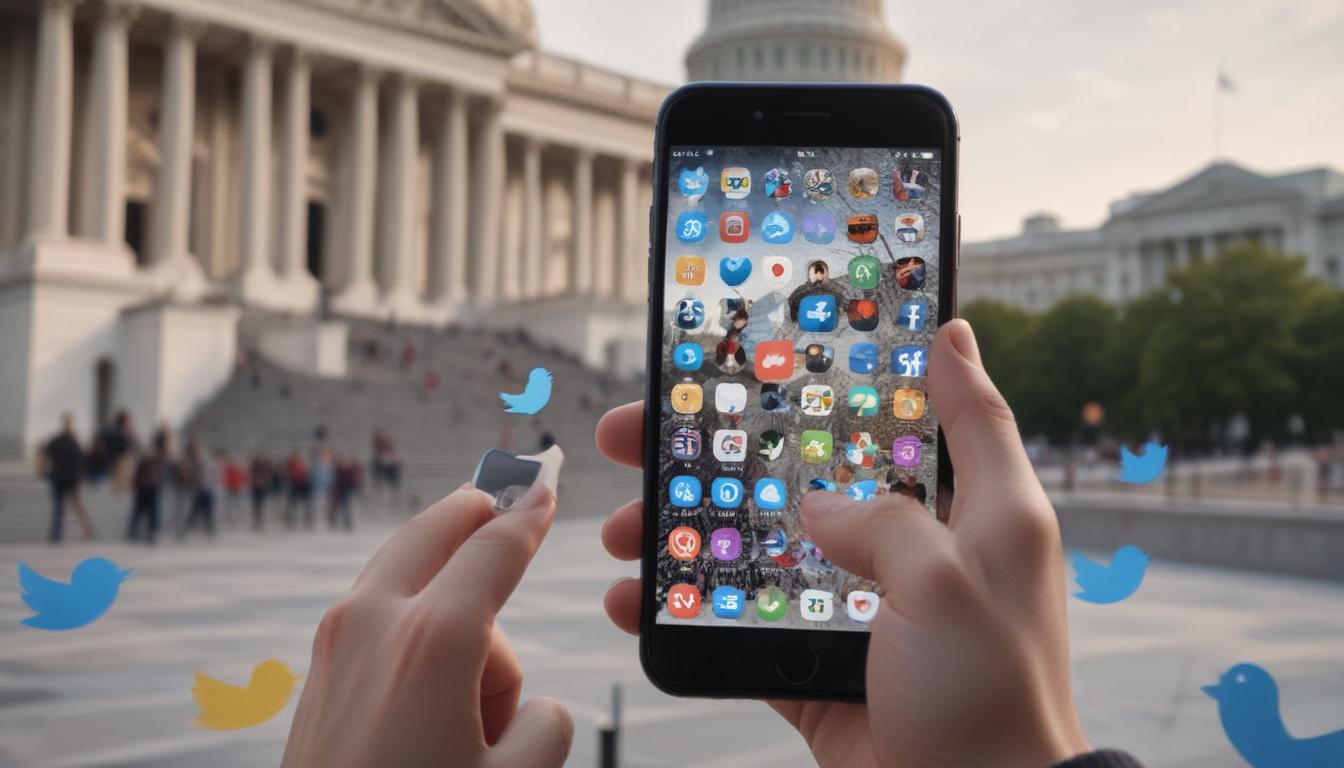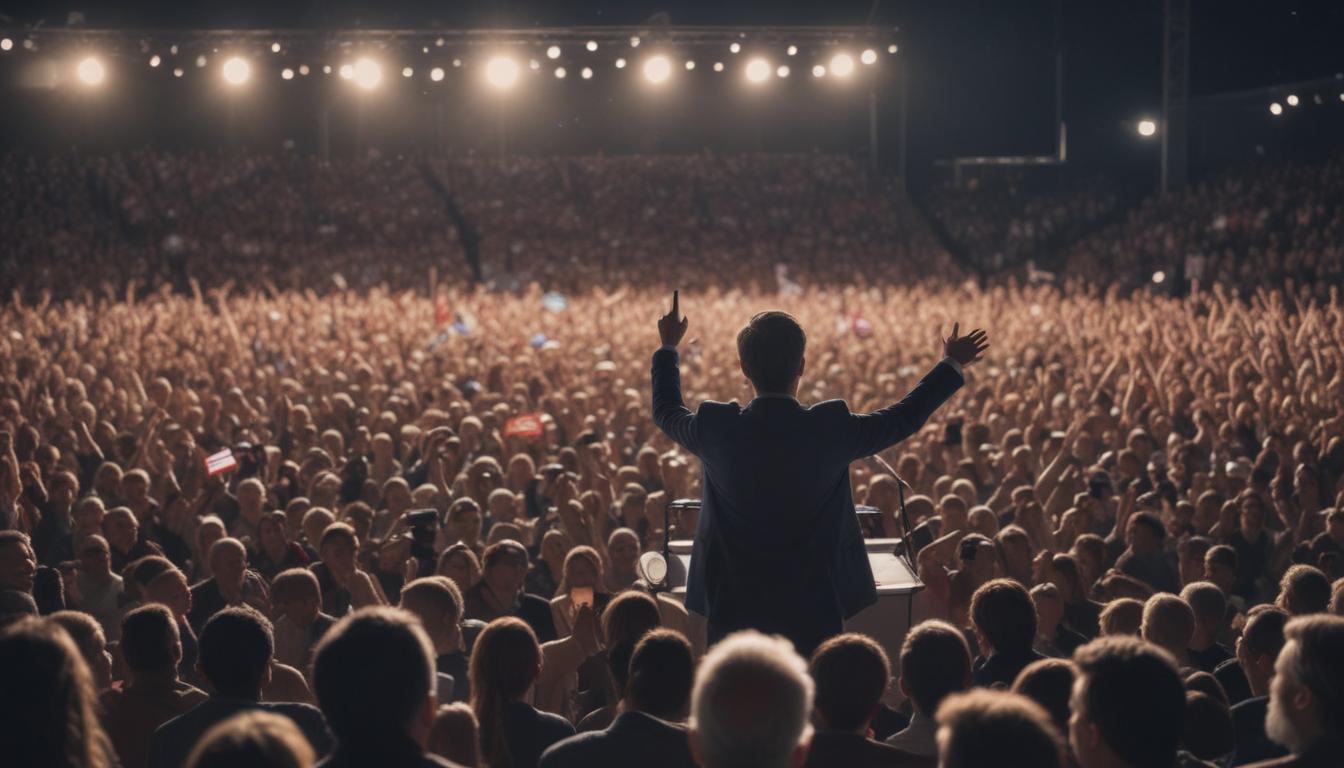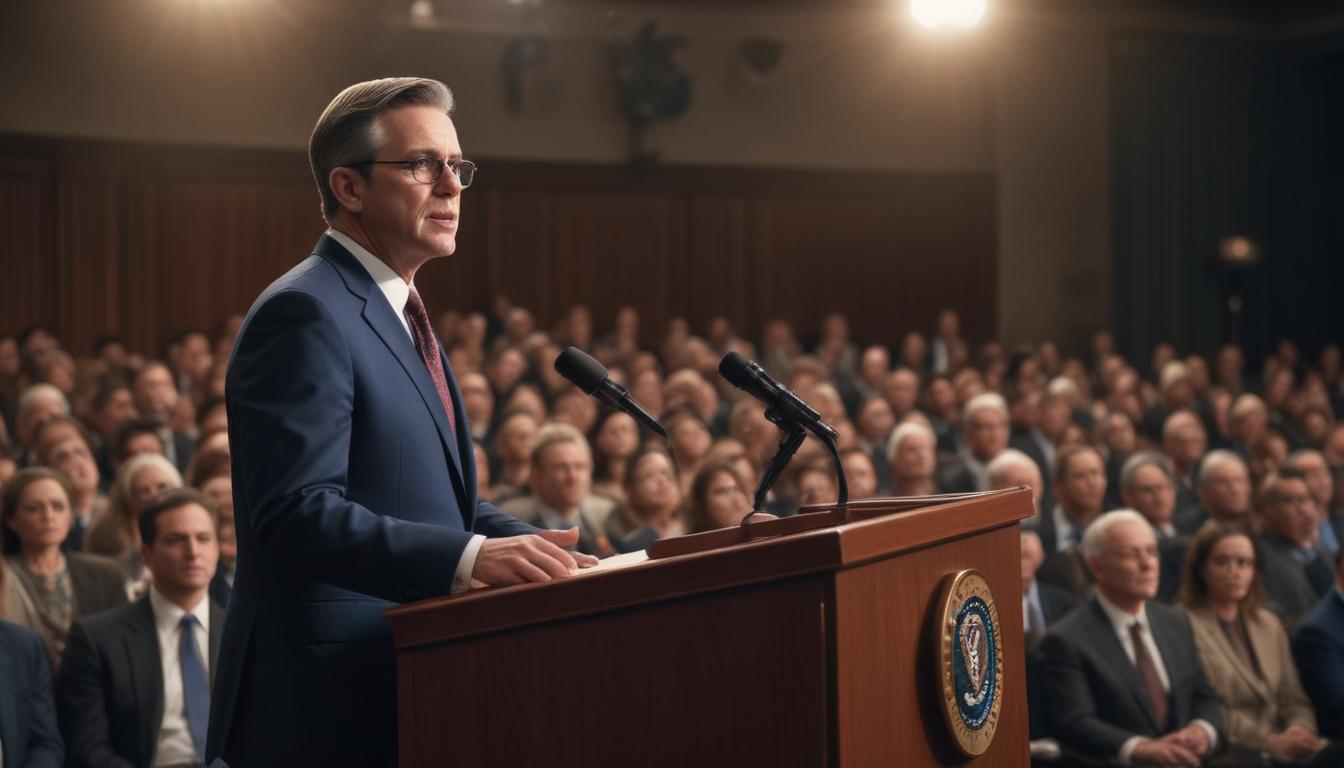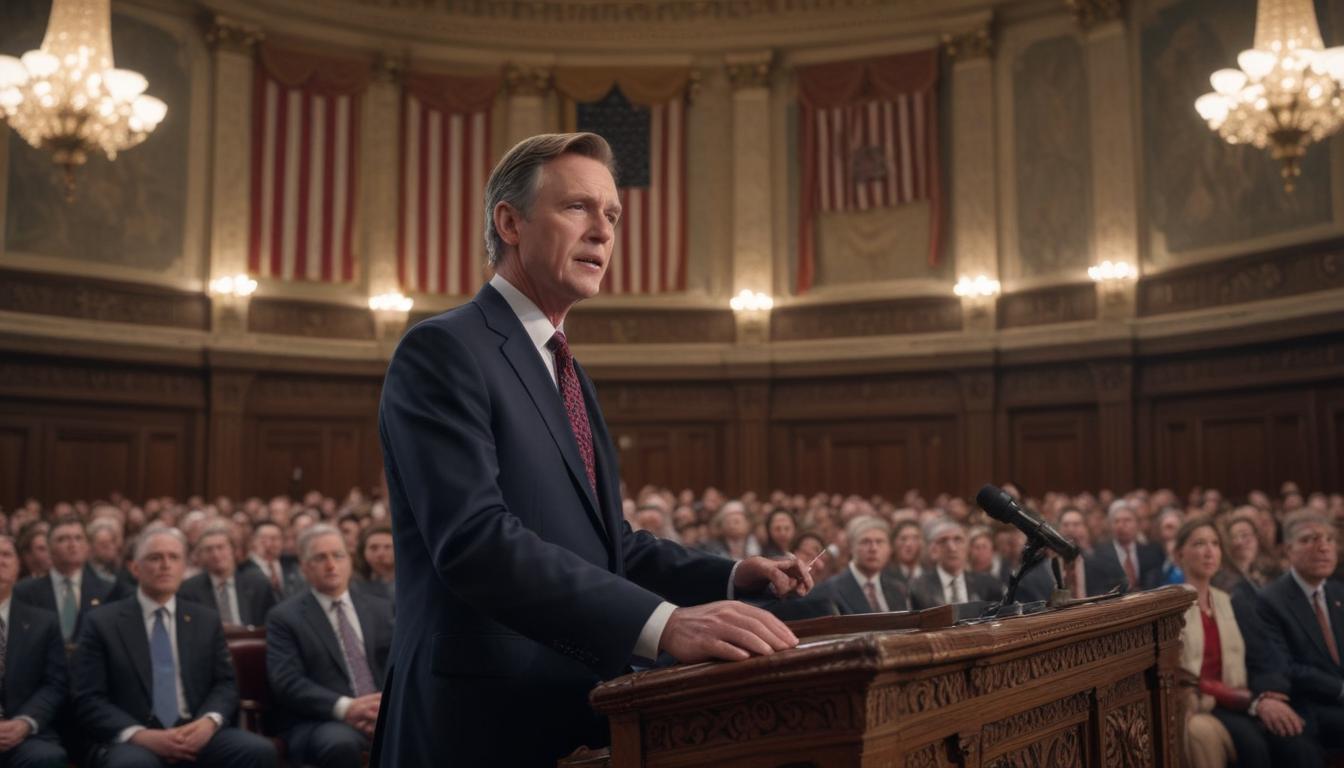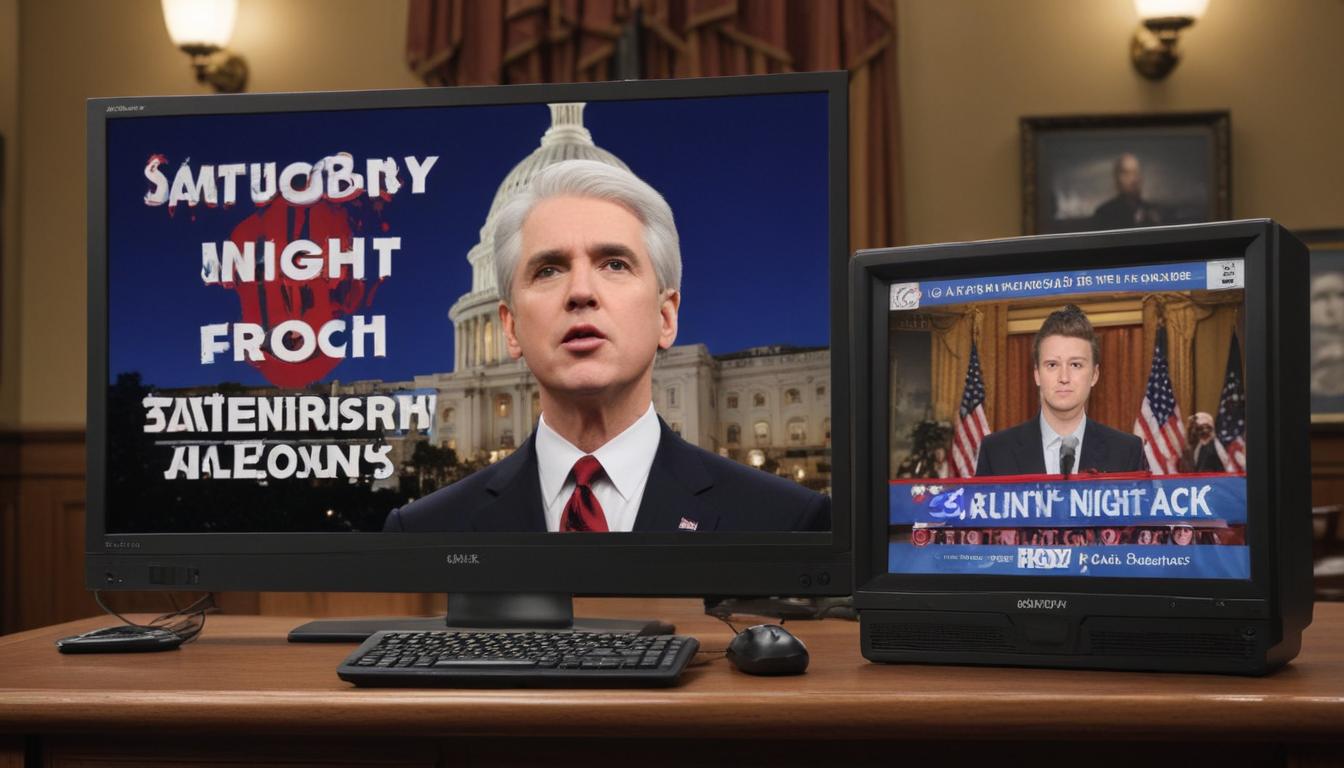How Social Media Shapes Politics in the United States
Social Media as a Political Platform

In the United States, social media has become a central platform for political discourse. Platforms such as Twitter, Facebook, and Instagram empower politicians to bypass traditional media and directly engage with their supporters. This direct line of communication fosters a sense of personal connection and trust between political figures and their voters.
Social media posts create an always-active forum, allowing voters to express their opinions, interact with policymakers, and stay informed about pressing issues. For instance, live Q&A sessions via Facebook Live or Instagram Stories allow for real-time interaction, helping bridge the gap between constituents and their representatives. Visual content, such as behind-the-scenes TikTok videos, gives voters relatable glimpses into a politician’s personal life, adding a more human element to political figures.
However, this visual focus does present challenges. At times, performance and optics take precedence over substantive discussions, leading to what’s often referred to as “performance politics.” Even so, social media remains a valuable tool for creating online communities around shared beliefs. Transparency and ethical content moderation continue to be critical as platforms prioritize content using algorithms that sometimes inadvertently filter information unfairly.
The Impact on Elections
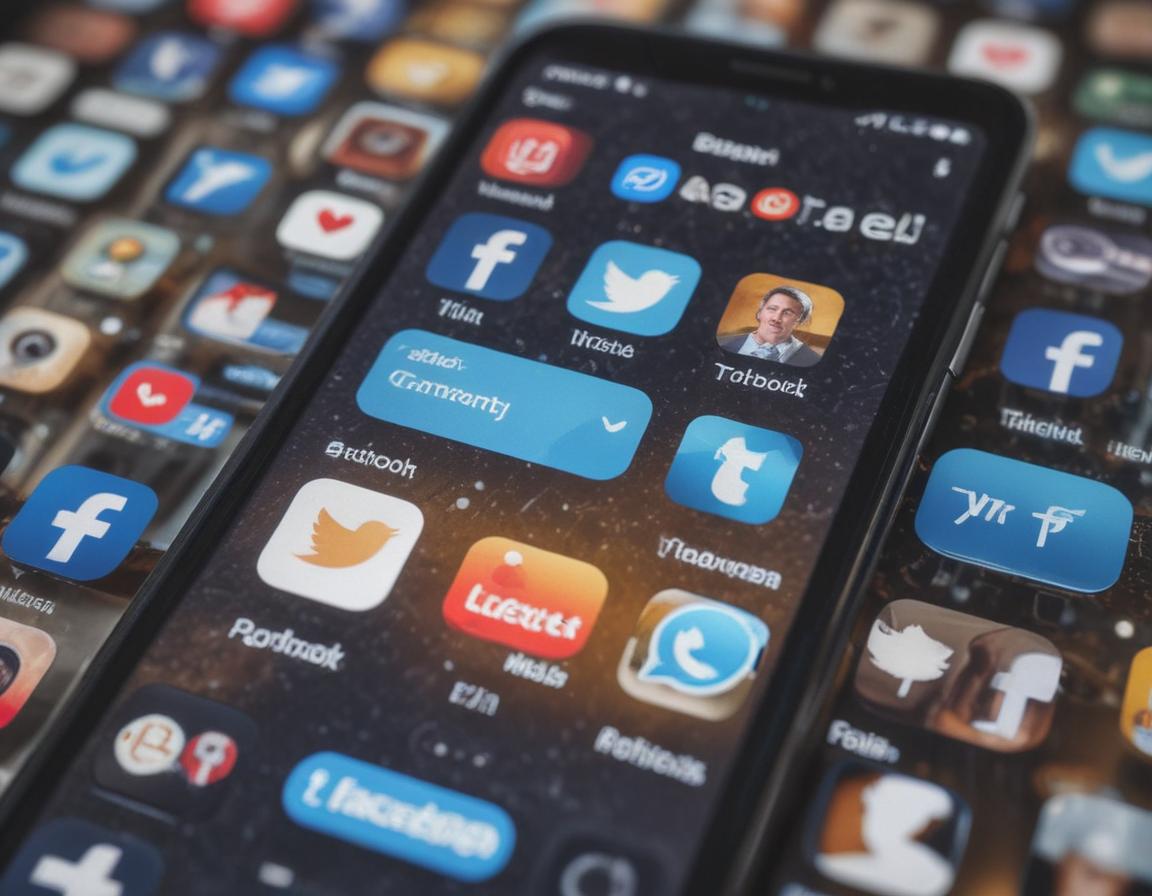
Social media is a game-changer in U.S. elections, profoundly shaping campaign strategies and voter outreach. Through platforms like Twitter or Facebook, candidates can share updates in real time—whether addressing controversies or unveiling detailed policy plans. These platforms have transformed how voters access and interact with campaign content.
Presidential campaigns, for example, strategically launch digital ads on social platforms, often tailoring their messages to specific demographic groups thanks to advanced algorithms. Furthermore, grassroots movements benefit immensely from social media’s organizing power. Fundraising through crowdfunding sites like GoFundMe has become a pivotal aspect of modern campaigns, enabling political outsiders with fewer resources to compete with well-funded opponents.
However, critics caution that this heavy reliance on attention-grabbing platforms often minimizes complex policy discussions in exchange for soundbites and viral trends. On the flip side, even local candidates with tight budgets can amplify their messages effectively, bridging gaps in traditional campaign infrastructure. To ensure ethical voter engagement, we must balance social media’s reach with the responsibilities of democratic participation.
Challenges and Controversies
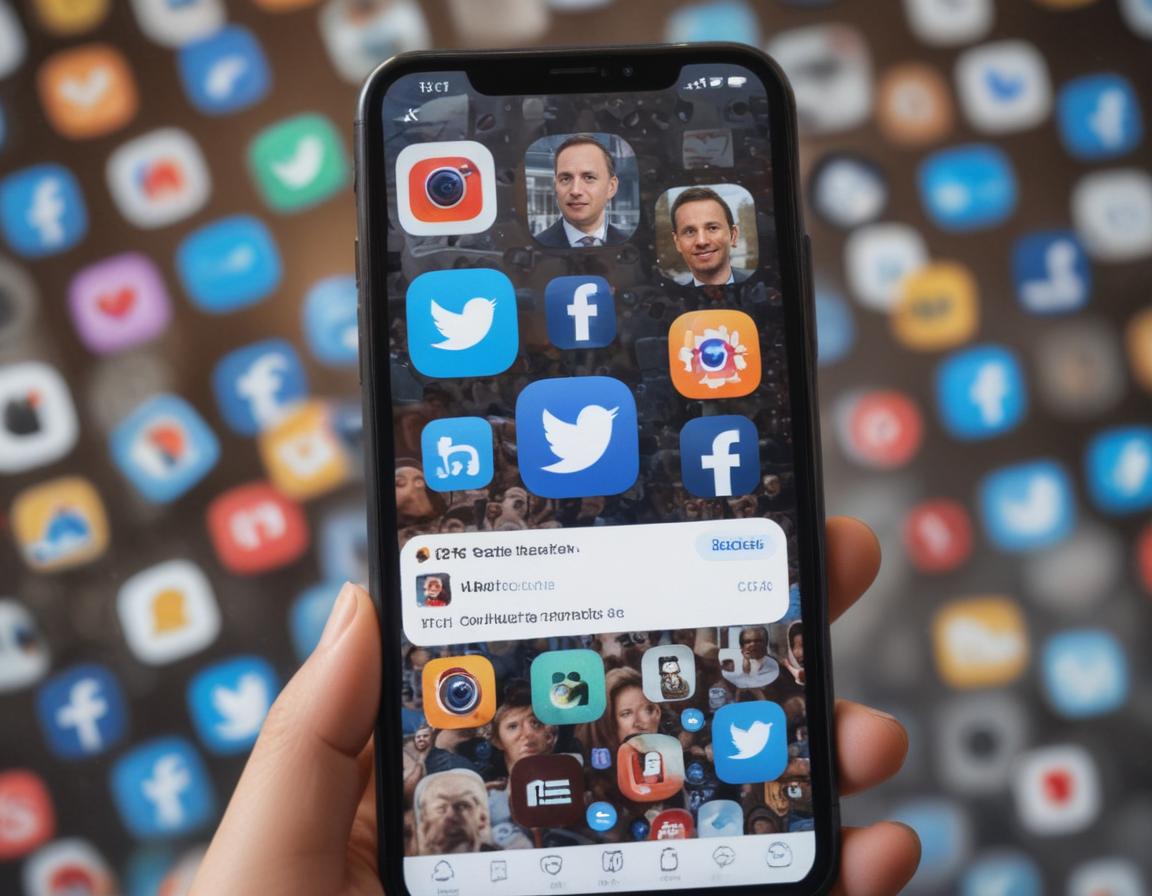
Despite its advantages, social media is not without challenges. One of the most significant issues is the spread of misinformation. Thanks to engagement-focused algorithms, sensationalized and often untrue posts gain traction quickly, sometimes at the expense of accurate information. According to studies, false news spreads up to six times faster than factual updates—creating an urgent need for improved regulations.
Another pressing concern involves foreign interference in elections through social media. High-profile incidents, such as allegations of Russian meddling in the 2016 U.S. presidential election, illustrate the vulnerabilities of these platforms. Beyond external threats, privacy concerns abound as political campaigns increasingly use personal data for targeted advertising. Without transparency, these practices risk compromising public trust.
Platforms like Facebook and Twitter have introduced measures such as fact-checking labels and increased advertising transparency. However, without global cooperation, these efforts remain incomplete. Tackling misinformation requires all stakeholders—including governments, tech companies, and voters—to work together to make social media a driver of informed political discourse rather than divisiveness.
The Future of Politics in Social Media
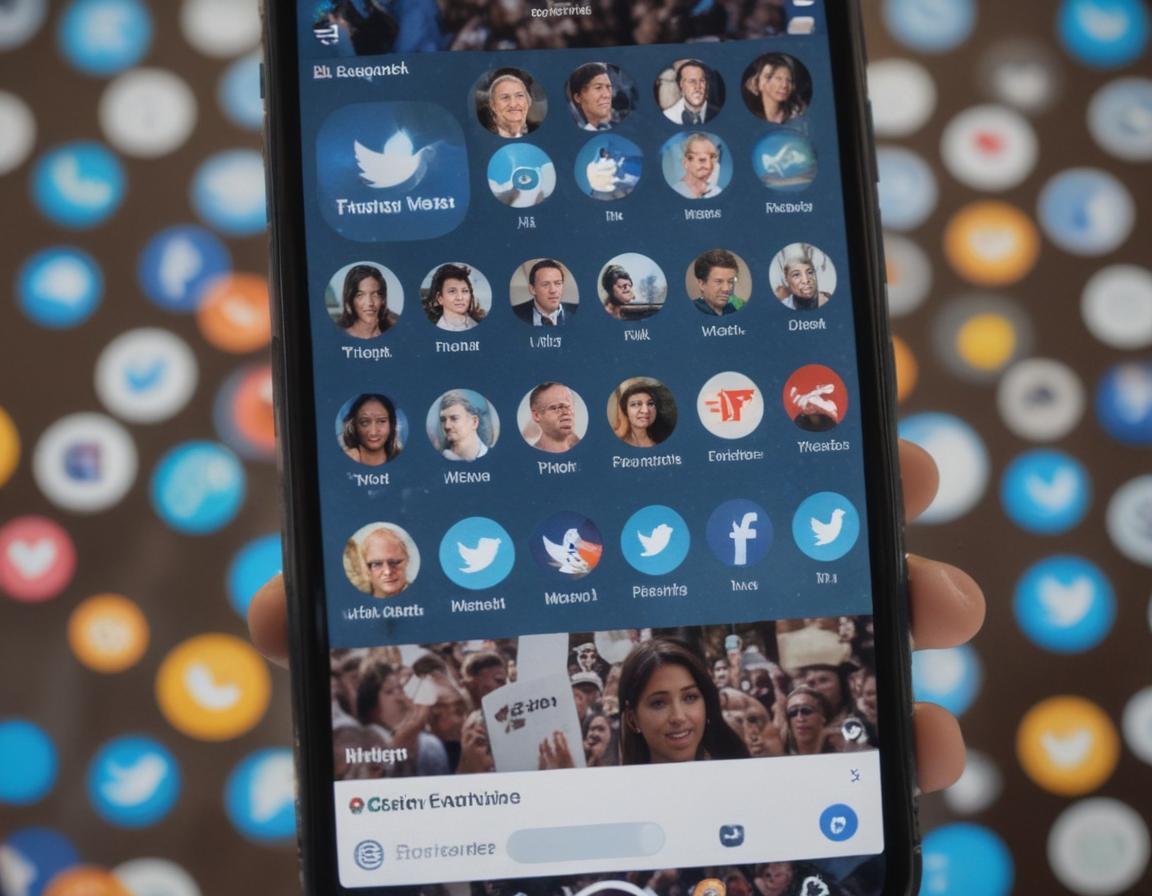
Looking ahead, social media’s role in politics will only continue to grow. Innovative tools are being developed to combat misinformation and enhance transparency. For instance, AI-powered technologies, like video summarizers or automated fact-checking tools, can help voters easily access accurate and concise political content. These advancements could revolutionize how political engagement happens in the digital space.
Platforms are gradually adopting measures to proactively regulate harmful content while respecting democratic ideals like free expression. Meanwhile, creative efforts like using TikTok influencers to engage younger voters or embedding voter registration drives directly into apps illustrate the potential of social media to foster inclusive participation.
Nevertheless, balancing free speech with the need for accuracy and fairness remains a critical challenge. Policymakers and tech giants must collaborate on global policies that encourage ethical use of social media while maintaining transparency. The next phase of social media politics depends on fostering tools and systems that enhance informed participation without undermining trust.
Final Thoughts
Social media has become a critical component of modern politics in the United States, offering both opportunities and challenges. By navigating its complexities thoughtfully and ensuring responsible usage, we can harness its potential to support democracy effectively. Moving forward, it will be essential for both individuals and institutions to approach social media’s impact on politics with both curiosity and vigilance.
What’s your take? Share your thoughts below about how social platforms have influenced the political climate in your area. Let’s keep the conversation going!
“`

